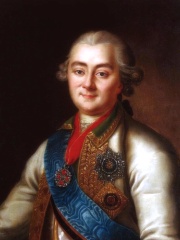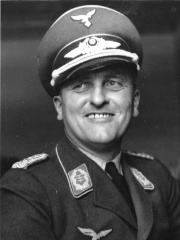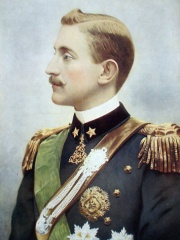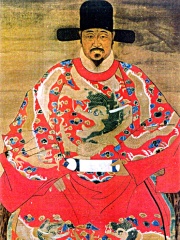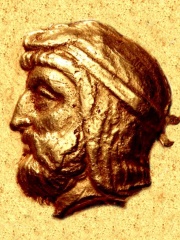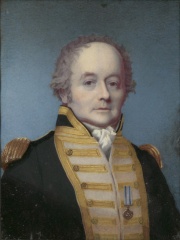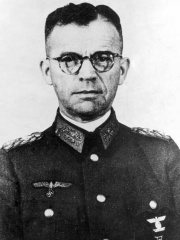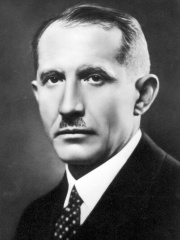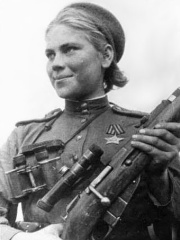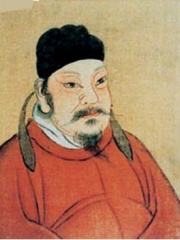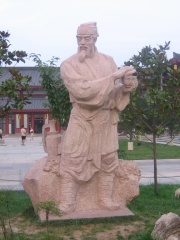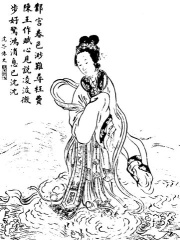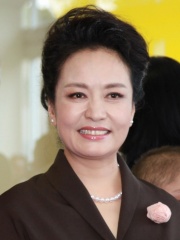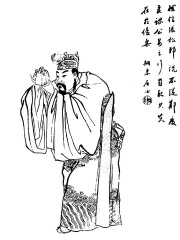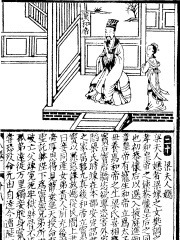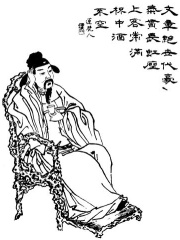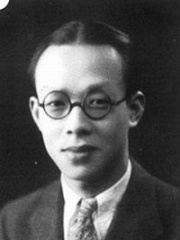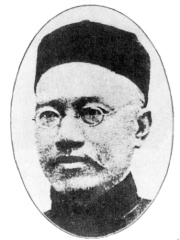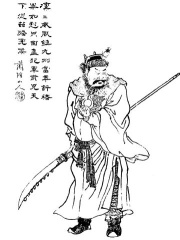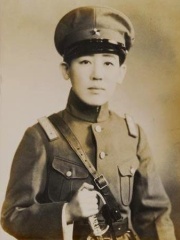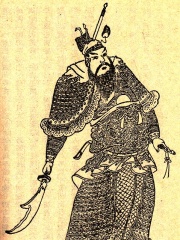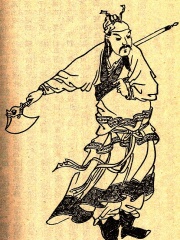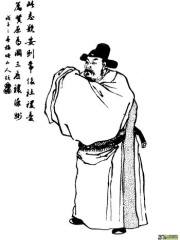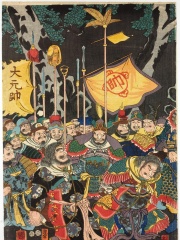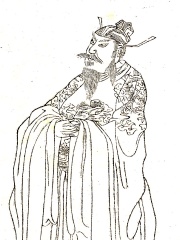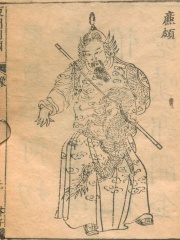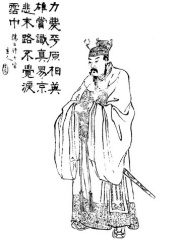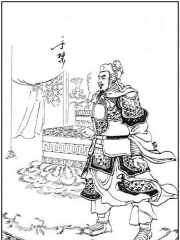Military Personnel
Deng Ai
197 - today
EN.WIKIPEDIA PAGE VIEWS (PV)
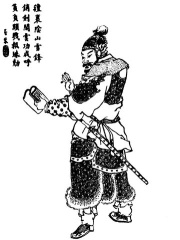
 Deng Ai
Deng Ai
His biography is available in 18 different languages on Wikipedia. Deng Ai is the 551st most popular military personnel (up from 580th in 2024), the 359th most popular biography from China (up from 398th in 2019) and the 32nd most popular Chinese Military Personnel.
Memorability Metrics
Page views of Deng Ai by language
Among Military Personnels
Among military personnels, Deng Ai ranks 551 out of 2,058. Before him are Alexei Grigoryevich Orlov, Günther Korten, Prince Emanuele Filiberto, Duke of Aosta, Aegidius, Qi Jiguang, and Artabazos II. After him are William Bligh, Pierre Terrail, seigneur de Bayard, Erich Fellgiebel, Yevhen Konovalets, William Westmoreland, and Roza Shanina.
Most Popular Military Personnels in Wikipedia
Go to all RankingsAlexei Grigoryevich Orlov
1737 - 1808
HPI: 66.20
Rank: 545
Günther Korten
1898 - 1944
HPI: 66.17
Rank: 546
Prince Emanuele Filiberto, Duke of Aosta
1869 - 1931
HPI: 66.16
Rank: 547
Aegidius
450 - 465
HPI: 66.10
Rank: 548
Qi Jiguang
1527 - 1588
HPI: 66.10
Rank: 549
Artabazos II
400 BC - 360 BC
HPI: 66.08
Rank: 550
Deng Ai
197 - Present
HPI: 66.08
Rank: 551
William Bligh
1754 - 1817
HPI: 66.08
Rank: 552
Pierre Terrail, seigneur de Bayard
1476 - 1524
HPI: 66.07
Rank: 553
Erich Fellgiebel
1886 - 1944
HPI: 66.07
Rank: 554
Yevhen Konovalets
1891 - 1938
HPI: 66.07
Rank: 555
William Westmoreland
1914 - 2005
HPI: 66.04
Rank: 556
Roza Shanina
1924 - 1945
HPI: 66.00
Rank: 557
Contemporaries
Among people born in 197, Deng Ai ranks 1.
Others Born in 197
Go to all RankingsIn China
Among people born in China, Deng Ai ranks 359 out of NaN. Before him are Huo Qubing (-140), Lu Yu (733), Lady Zhen (183), Peng Liyuan (1962), Qi Jiguang (1527), and Liu Zhang (200). After him are Emperor He of Han (79), Kong Rong (153), Zhou Youguang (1906), Yan Fu (1854), Xu Chu (200), and Zhang Xueliang (1901).
Others born in China
Go to all RankingsHuo Qubing
POLITICIAN
140 BC - 117 BC
HPI: 66.24
Rank: 353
Lu Yu
WRITER
733 - 804
HPI: 66.22
Rank: 354
Lady Zhen
COMPANION
183 - 221
HPI: 66.13
Rank: 355
Peng Liyuan
SINGER
1962 - Present
HPI: 66.10
Rank: 356
Qi Jiguang
MILITARY PERSONNEL
1527 - 1588
HPI: 66.10
Rank: 357
Liu Zhang
POLITICIAN
200 - 219
HPI: 66.09
Rank: 358
Deng Ai
MILITARY PERSONNEL
197 - Present
HPI: 66.08
Rank: 359
Emperor He of Han
POLITICIAN
79 - 106
HPI: 66.07
Rank: 360
Kong Rong
POLITICIAN
153 - 208
HPI: 66.07
Rank: 361
Zhou Youguang
ECONOMIST
1906 - 2017
HPI: 66.07
Rank: 362
Yan Fu
WRITER
1854 - 1921
HPI: 66.02
Rank: 363
Xu Chu
MILITARY PERSONNEL
200 - Present
HPI: 65.98
Rank: 364
Zhang Xueliang
POLITICIAN
1901 - 2001
HPI: 65.97
Rank: 365
Among Military Personnels In China
Among military personnels born in China, Deng Ai ranks 32. Before him are Yoshiko Kawashima (1907), Xiahou Yuan (200), Xu Huang (169), He Jin (135), Gao Shun (200), and Qi Jiguang (1527). After him are Xu Chu (200), Xu Da (1332), Lian Po (-250), Gongsun Zan (null), Yu Jin (200), and Zhang Youxia (1950).
Yoshiko Kawashima
1907 - 1948
HPI: 66.95
Rank: 26
Xiahou Yuan
200 - 219
HPI: 66.91
Rank: 27
Xu Huang
169 - 227
HPI: 66.87
Rank: 28
He Jin
135 - 189
HPI: 66.61
Rank: 29
Gao Shun
200 - 199
HPI: 66.59
Rank: 30
Qi Jiguang
1527 - 1588
HPI: 66.10
Rank: 31
Deng Ai
197 - Present
HPI: 66.08
Rank: 32
Xu Chu
200 - Present
HPI: 65.98
Rank: 33
Xu Da
1332 - 1385
HPI: 65.94
Rank: 34
Lian Po
250 BC - Present
HPI: 65.93
Rank: 35
Gongsun Zan
HPI: 65.65
Rank: 36
Yu Jin
200 - 221
HPI: 65.62
Rank: 37
Zhang Youxia
1950 - Present
HPI: 65.59
Rank: 38
